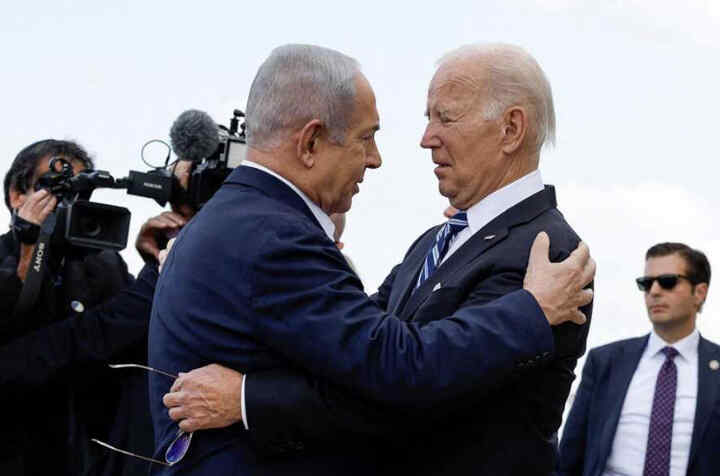Israel claims it got the green light from the U.S. for a ground operation, even though it’s hanging in the air. But the White House has publicly opposed the occupation of the Gaza Strip.
Protesters have stormed American embassies – drones have also attacked US bases in Iraq. In America itself, demonstrators have even temporarily occupied the Capitol. And high-ranking State Department apparatchiks began to resign – expressing dissatisfaction with the bombing of Gaza.
Against this backdrop, London became more active. Rishi Sunak will hastily visit Israel, Egypt and Jordan – trying to be the mediator that Biden failed to be. But even more important will be negotiations with Turkey, Bahrain and Qatar, given their influence on Hamas. Only through them is there any chance of negotiating the release of prisoners and an end to the strikes on Gaza.
The only bright spot for Biden was a deal with Venezuela to ease sanctions in exchange for allowing the opposition into the elections. Venezuela has been supplying oil to the U.S. since the beginning of the year, but exports are small, at 150,000 barrels per day. If sanctions are lifted, Venezuelan oil exports to the US could rise to 1.1 million barrels by the end of 2024.
Biden is bowing to Maduro to avoid disruptions in oil supplies from the Middle East. In addition, Caracas has managed to squeeze the U.S. by creating a migration crisis. But any deal with Venezuela will provoke a sharp negative reaction from Republicans – and, given the terrible division in Washington, will be only a temporary measure that will not survive the Biden era.
Malek Dudakov

